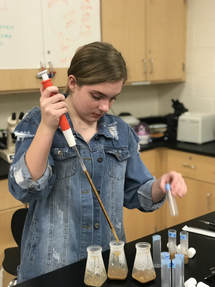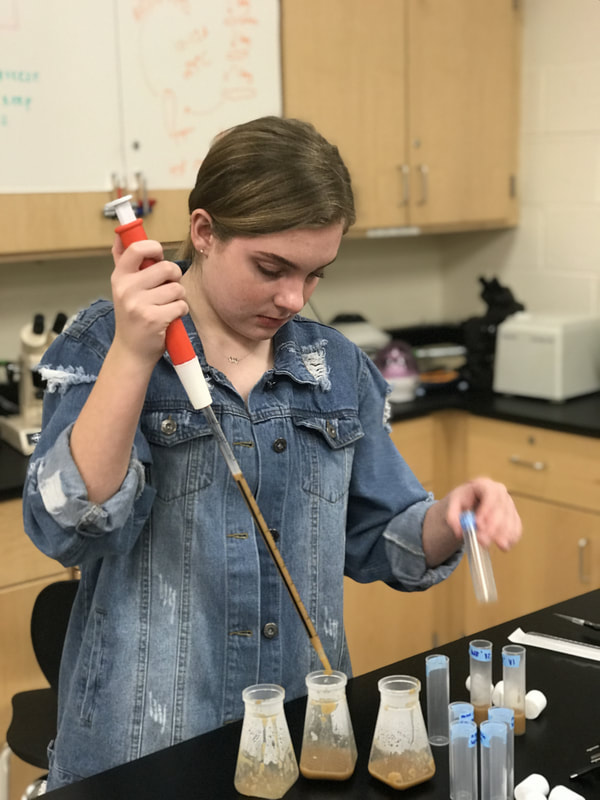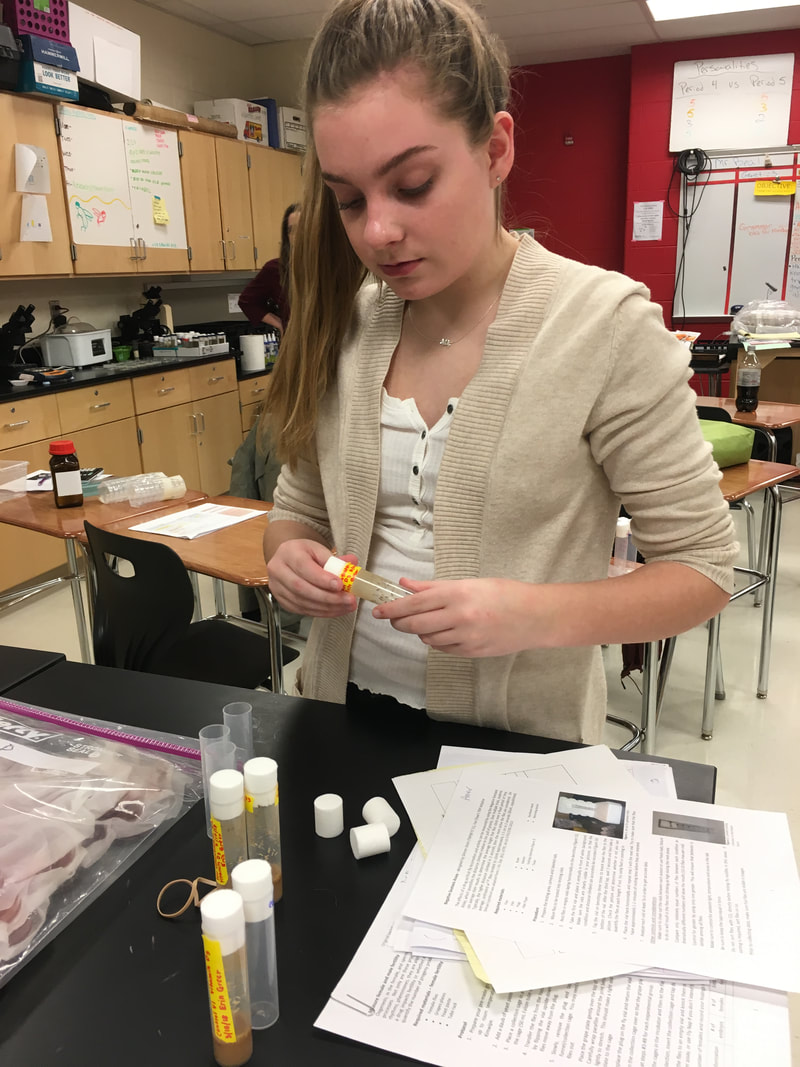 Depression is a disease that affects 1 in 5 Americans. There are ways to relieve the burdens of depression from an individual, however there is not an absolute way to prevent or cure it. As the relevance of depression grows in today’s population, I tried to find the correlation in these growing numbers between the past and the present lifestyles of Americans. The first thing I noticed immediately was the amount of time kids spend outside compared to their parents. Even my own say how they spent all of their free time in the sun. So I looked to the sky. The sun emits vitamin D3, which provides a significant benefit to a person’s happiness. As I spent my time these past few weeks at William Tennent testing my flies and recording data, I found myself (as surprising as it may be when one is stuck in a lab for hours) having a lot of fun. The questions I asked myself about my Vitamin D3 experiment intrigued me and the instructors Dr. Amanda Purdy, Dr. Alyssa Leystra, Dr. Jaye Gardiner, and Ms. Trinity Pellegrin. During TRIP, I discovered how passionate I was about STEM which only made me love Saturdays even more. My flies and their offspring were becoming increasingly happy, as was I. TRIP taught me so much in such little time that, and looking back at now, I would have never thought myself capable of learning all of the information in such a short period of time. My experiment, which obviously consisted of many flies receiving a surplus of vitamin D3 in their diet, began as only an idea derived from my curiosity of the number of people affected by depression today compared to the past. I knew today’s generation spends most of their time indoors, which was uncommon in the past. My parents often tell me how much of their time was spent basking in the sun’s rays. So I tested my flies with large concentrations of vitamin D3 (because on a molecular level it does help produce serotonin in both flies and humans...serotonin is the chemical which makes us happier) and I tested their offspring to see if the parents’ exposure to so much vitamin D3 had an impact on the children’s ability to stay happy and less anxious. Turns out, this is true: the more vitamin D3 we intake, the less likely our children and we are to become depressed.
Go outside!
0 Comments
Your comment will be posted after it is approved.
Leave a Reply. |
Archives
April 2024
Categories
All
|



 RSS Feed
RSS Feed